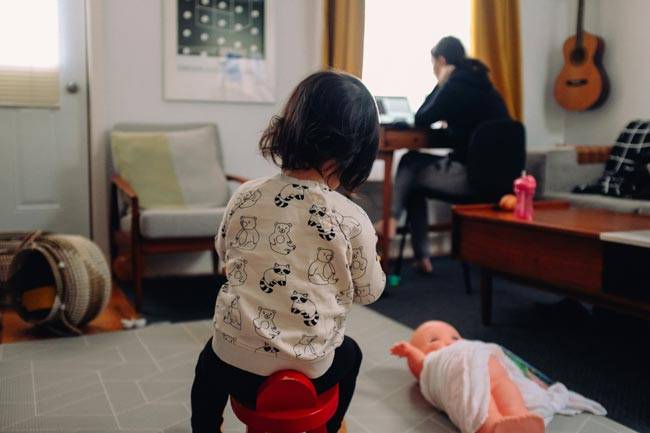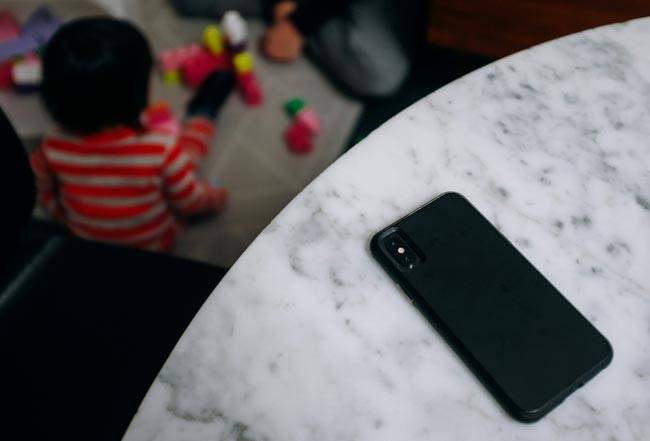In our hyper-connected world, smartphones have become an extension of ourselves. But have you ever considered what message you’re sending when you’re glued to your screen? A recent personal experience opened my eyes to the unintended consequences of our digital habits.
While visiting family, I found myself responding to an email as my young nephew excitedly pointed out a bee in the backyard. Looking up at me with innocent blue eyes, he asked, “Auntie, are you texting?” This moment sparked a reflection: what are we really communicating to others when we’re consumed by our phones?
Let’s explore five unconscious messages we send when prioritizing our devices over personal interactions:

When we interrupt face-to-face interactions to check our phones, we’re inadvertently signaling that something else takes precedence. While it’s not always possible to completely disconnect, acknowledging those around you before attending to your device can make a significant difference.
Tip: If possible, keep your phone tucked away during social interactions. If you’re expecting an important call or message, communicate this upfront to those you’re with.
Picking up your phone mid-conversation or responding with a distracted “mm-hmm” while scrolling sends a clear nonverbal message: the person in front of you is less important than what’s on your screen.
Tip: Practice active listening. Make eye contact, ask questions, and show genuine interest in the conversation. This communicates that the other person matters and is deserving of your time and attention.
When you’re out with friends or family and everyone is on their phones, it begs the question: are you even interested in spending time together? Constant texting, tweeting, or gaming during social interactions suggests that you find your digital world more engaging than the people around you.
Tip: Implement a “phones-down” rule during meals or social gatherings. This fosters more meaningful connections and shows your genuine interest in those present.
By frequently using your phone during conversations, you’re inadvertently teaching others that it’s acceptable to treat you the same way. We often model the behavior we find acceptable, so consider the example you’re setting.
Tip: Establish and communicate clear boundaries around phone use during social interactions. This not only improves your current interactions but also sets expectations for how you’d like to be treated.

Perhaps the most significant message sent by excessive phone use is that you’re not fully present in the moment. This can leave others feeling unappreciated or disconnected.
Tip: Practice mindfulness. Put your phone away and engage fully with your surroundings and the people in them. You might be surprised by how much more rewarding and enriching your interactions become.
While these messages aren’t intentional, they can have a profound impact on our relationships. The next time you reach for your phone, pause and consider what you might be communicating. By being more mindful of our digital habits, we can foster stronger connections, show others they’re valued, and fully embrace the moments we share.
Remember, true connection happens when we put down our devices and engage wholeheartedly with those around us. Your presence is the greatest present you can give to others.